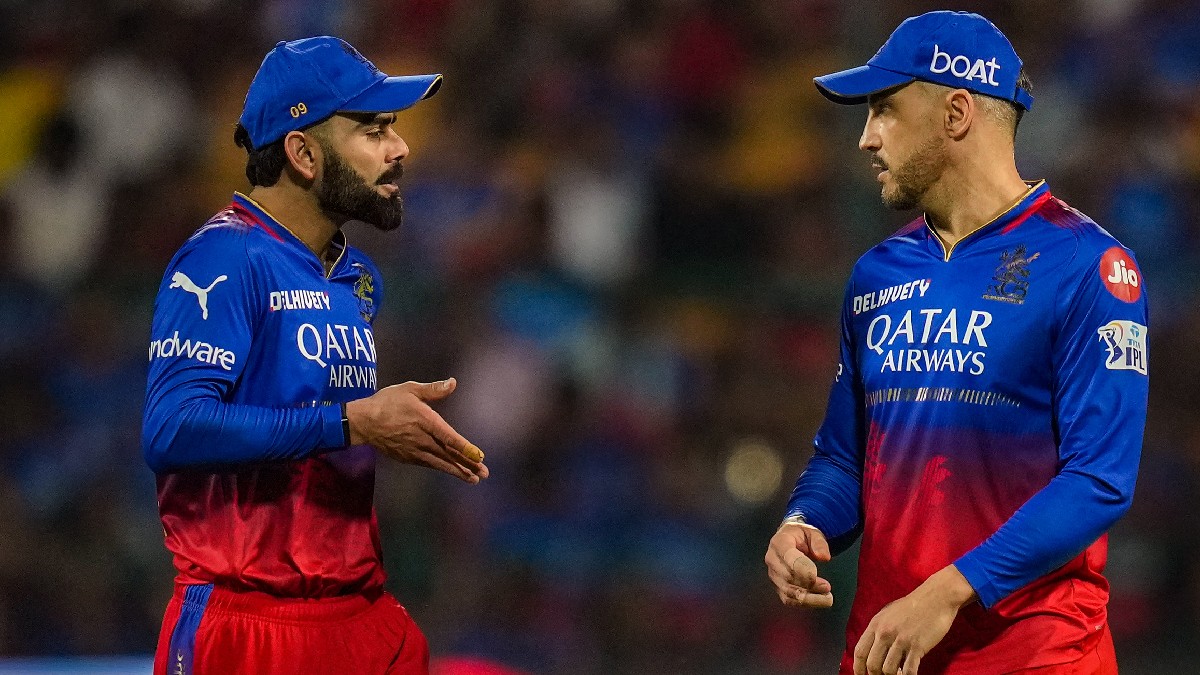
An honour killing led to Maharashtra's law criminalising Social Boycott
Maharashtra became the first state to make Social Boycott a punishable offence in the country
The cold-blooded murder of a fully pregnant woman by her own father for marrying outside the caste laid the foundation for Maharashtra's anti-social boycott law. The fear of excommunication by a caste panchayat pushed a father to kill his pregnant daughter while those who ordered the murder went scot free. But not anymore.

Krushna Chandgude, one of the many activists who toiled for the Maharashtra Prohibition of People from Social Boycott (Prevention, Prohibition and Redressal) Act, 2016 recalls how the movement for the law came to be. It all started four years ago when slain rationalist Narendra Dhabolkar looked beyond the obvious.

Blood on the hands of an entire community
"Four years ago a case of honour killing was reported in Nashik. We went looking for root and found that the real reason behind the murder was Khap Panchayat," said Krushna Chandgude. It was not a mere case of honour killing. An entire community led by its leaders had collectively pushed a father to murder his pregnant daughter for marrying outside the caste. The issue was highlighted in an article by Dr Narendra Dhabolkar.
"After the article was published, one man approached us and told us that he was boycotted from his community because his daughter had married outside the caste. More and more such people came forward and exposed that Khap panchayat was a very real thing in Maharashtra," Krushna added.
Movement against Social Boycott in Maharashtra
Dr Dhaboklar's organisation Maharashtra Andhashraddha Nirmoolan Samiti began the 'Jaat Panchayatila Muthmatil Abhiyan', a campaign to put an end to caste-based extra-judicial bodies. The movement did not stop even after Dr Dhabolkar was murdered.
"We went to every nook and corner of the state and brought together at least 250 people who had been boycotted by such caste panchayats. We approached the High Court to put an end to these atrocities. That is when we realised that there was no law to prevent or punish this," the activist added.
The Bombay High Court then asked the government to legislate a law against the social evil. The then Congress government did nothing to bring about a legislation. Owing to public and media pressure, the BJP-Shiv Sena government in Maharashtra finally passed the Maharashtra Prohibition of People from Social Boycott (Prevention, Prohibition and Redressal) Act, 2016. It got the President's assent in June 2017. Under the new law, punishment including social boycott by the caste panchayats is a punishable offence.
Murder in the name of honour by a community
On the morning of June 28, 2013, Eknath Kumbharkar, a resident of Panchavati went to his daughter, Pramila's residence in Mahatma Nagar. Pramila had eloped to marry a man from the SC community and was pregnant with their first child. Eknath Kumbharkar told his daughter that her mother was desperate to see her. Moved by his appeal and overwhelmed with the fact that her father, who was angry about her eloping had come to visit her, she decided to go with him.
Kumbharkar hired an auto but when they neared Joshiwada, he asked the auto driver to call someone who lived nearby. As soon as the driver left, Kumbharkar strangled Pramila to death using a rope. She was taken to the hospital by the auto driver on his return but was declared brought dead. The police arrested the father in a matter of minutes. In June 2017, a Nashik court sentenced the 47 -year-old man to death.
However, the people and the circumstances that prompted the man to murder his daughter were overlooked due to the lack of a law to bring them to books. "After the girl eloped, a khap panchayat of the girl's community imposed a fine on the father. They did not stop at that. When they found out that the girl was pregnant, the caste panchayat told the father that the child was of 'impure blood' should not be allowed to be born. He was told that it was against the wishes of God. The panchayat asked him to either die or kill his daughter with the baby," Krushna said.
The fear of excommunication from his community at the hands of caste based panchayats, fueled the anger of a father towards his daughter pushing him ultimately to kill her and her unborn child. With the new law, the state can now punish extra-judicial bodies that indulge in such acts. Activists now hope that the law will deter victimisation of hundreds at the hands of khap panchayats that are the reality of Maharashtra even to this day.
OneIndia News


 Click it and Unblock the Notifications
Click it and Unblock the Notifications

































